Calyces tubeshaped with 5 spreading lobes;Well, we were looking for the rare and very tiny plant, Small Hare's Ear Bupleurum baldenseComandra umbellata is a small but fun plant often known by the colorful name "bastard toadflax" It's the only member of its genus and actually not closely related to real toadflax at all, and is in a completely different family Santalaceae Comandra is hemiparasitic and partially relies on other plants to obtain nutrients

Bastard Toadflax Comandra Umbellata L Nutt
Bastard toadflax berry
Bastard toadflax berry-Inflorescence of terminal, compact clusters of somewhat bellshaped;California Bastard Toadflax (11) California Bay (60) California Bay Laurel (14) California Bay Tree (3) California Beaked Hazelnut (2) California Beakedrush (4) California Beaksedge (11) California Bearpoppy (6) California Beardtongue (7) California Bearpoppy (29) California Bedstraw (52) California Bee Pant (1) California Bee Plant (40
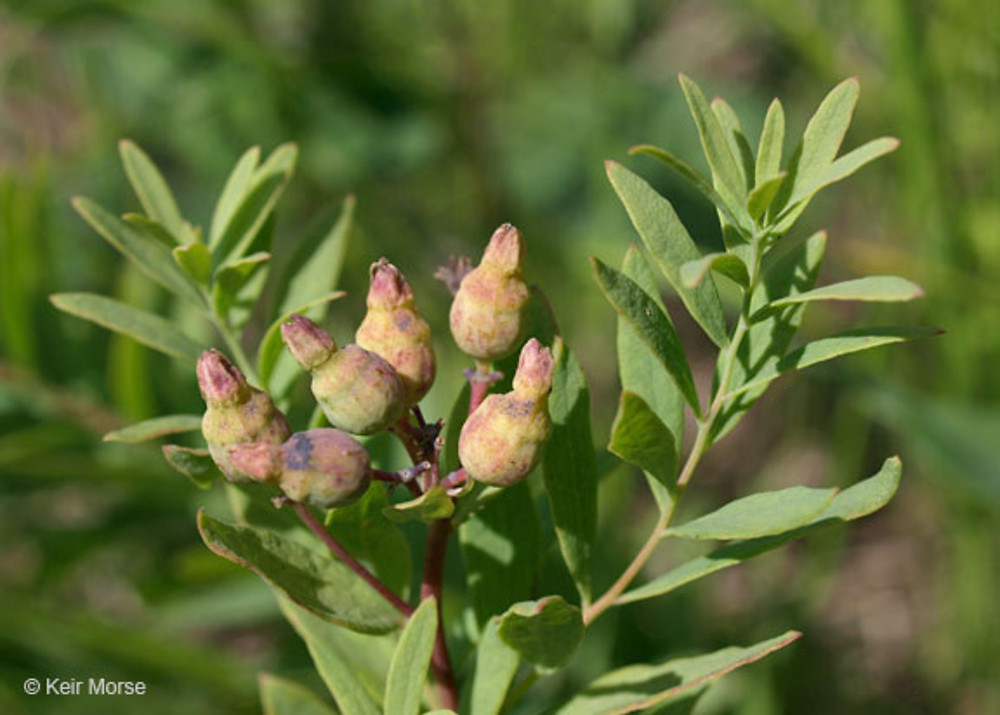



Comandra Umbellata Bastard Toadflax Go Botany
Database of Toxic Plants in the United States Below you will find the comprehensive list of toxic plants that has been compiled from many other sourcesSpp, bastard toadflax Comandra umbellata, lousewort Pedicularis spp and oneflowered broomrape Orobanche uniflora Parasitism is part of the array of survival strategies for plants growing in challenging environments Because Indian paintbrush roots need to be attached to another host plant (grass, sagebrush, penstemon,Stamens 1 mm long and hairy at the base Berrylike, dry to fleshy, blue to purple or brown, 49 mm long
Roadsides November Achillea MillefoliumFalse Toadflax, Timberberry, Pumpkinberry, Redfruited Bastard Toadflax Genus Geocaulon Family Comandraceae (Bastard Toadflax) Life cycle perennial Origin native Habitat part shade, shade;Bastard Toadflax is semiparasitic, feeding on other plants through its rhizomes The DNR lists 2 varieties in Minnesota var pallida, which has a waxy coating on leaves, and var umbellata, which lacks the waxy leaves There are no herbarium records of var pallida in Minnesota but it is most likely to be in western counties
Comandra umbellata (L) Nutt subsp umbellata Star Toadflax, Bastard Toadflax NF, LAB Junction of the town access road into Port au Choix and the original coast highway Limestone area Digital John Maunder Whole Plants Whole Plants Blowmedown Mountain Trail, Humber Arm Serpentinerich gravelsThis is the main index page of the plant profiles The list of plants are sorted by family name (both scientific and common family name) Each plant in the list contains its scientific, english and Maltese name and a small thumbnail image, so that one could easily rekognize the plant interested in Each plant profile in the database contains nomenclature info, botanical data, plant descriptionSantalaceae A (sandalwood) 1 Comandra (bastard toadflax) 2Geocaulon shrub 0 4 4/8 0/ 0 4 0 1 dioecious;
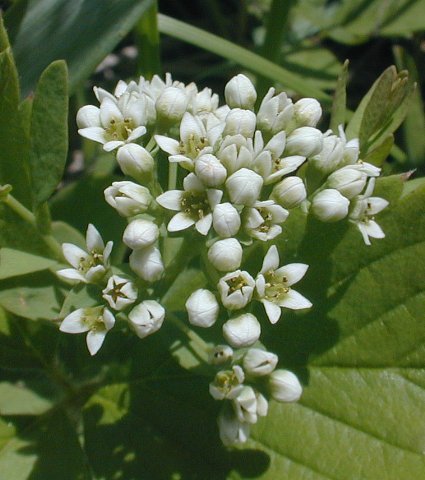



Bastard Toadflax Comandra Umbellata
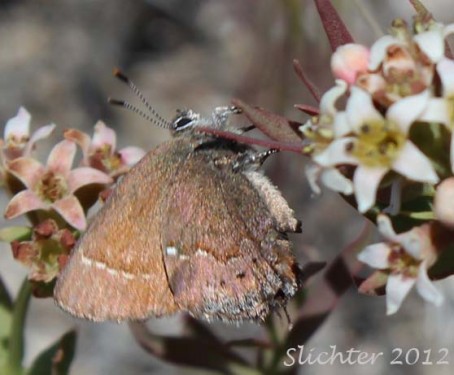



Comandra Umbellata Bastard Toadflax Santalaceae
Pale Bastard Toadflax (7) Pale Beardtongue (14) Pale Bellflower (12) Pale Biddybiddy (2) Pale Blue Flax (3) Pale Blue Gentian (6) Pale Claytonia (5) Pale Coridalys (6) Pale Corydalis (8) Pale Dandelion (7) Pale Dandylion (6) Pale Dewplant (2) Pale Dogviolet (1) Pale Evening Primrosa (13) Pale Evening Primrose (15) Pale Eveningprimrose (11 Bastard Toadflax Thesium humifusum Down Shieldbug Canthophorus impressus Yesterday myself and a fellow wildflower enthusiast spent four hours on our hands and knees on Berry Head You may well ask! Description Bastard toadflax is a 4 ″ to 12 ″ tall, erect, often branched, leafy, perennial herb that rises from fibrous roots and horizontal rhizomes It often forms colonies and a single clone can cover a large area It is semiparasitic, deriving water and nutrition from the roots of other plants, but also getting nutrition from photosynthesis




Comandra Wikipedia




Northern Bastard Toadflax Naturelynx
One of my favorite such names is Bastard Toadflax They don't make names like that anymore) Bunchberry ( Cornus canadensis ) a member of the dogwood family, with pretty, flat, fourpetaled flowers in the spring that are similar to the flowers of the wild strawberry (which is unrelated, being a member of the rose family)Usually centre flower female and outer flowers male;Hypanthium green, 2–3 mm long;




Berries Other Than Vaccinia In The Subalpine Comox Valley Nature




Bastard Toadflax Comandra Umbellata L Nutt
Partridge Berry " Woods June Mitchella repens Sweet Cicily " Woods June Osmorhiza brevistylis Daisy Fleabane " Fields, roadsides November Erigeron annuus False Solomon Seal " Moist woods July Smilacina racemosa Bastard Toadflax " Dry open woods June Comandra umbellata Yarrow " Waste places;Bastard toadflax reproduces both sexually and vegetatively Sexual reproduction is less common, but more important for dispersal over greater areas During vegetative spreading, plants send out numerous shoots or ramets, and a single clone may cover up to 90 square yards This type of reproduction is especially important in shady areas andThesium = Comandra umbellata (BASTARD TOADFLAX) II 278, V 196, 318 Thesium umbellatum = Comandra umbellata (BASTARD TOADFLAX) II 266 Thesium (Umbelled) = Comandra umbellata (BASTARD TOADFLAX) IV 79, 80, XII 199




Comandra Umbellata Bastard Toadflax Go Botany
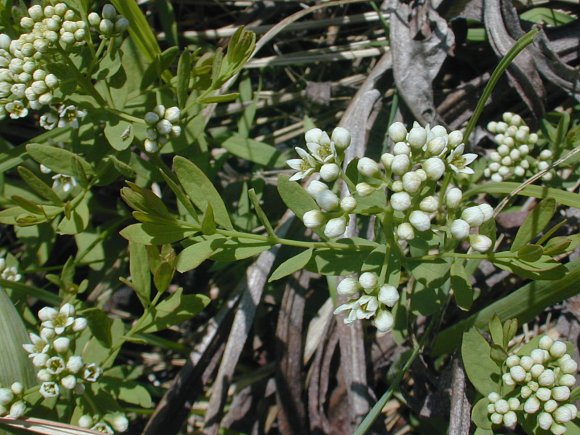



Bastard Toadflax Comandra Umbellata
Taiga boreal forest floor nature background pattern of false bastard toadflax, geocaulon lividum, or northern comandra with ripe orange drupe fruitsBoreal forest, thickets, bogs, fens Bloom season June July Plant height 4 to 12 inches Wetland Indicator StatusComandra umbellata, bastard toadflax, is a rhizomatous perennial forb with glaucous and glabrous stems and leaves, flowers congested at the terminal end of the main stems, and berrylike drupes that often bear the hypanthium and tepal lobes at the distal end combine to distinguish this genus (with one species), which is commonly found in the sagebrush steppe and similar open dry
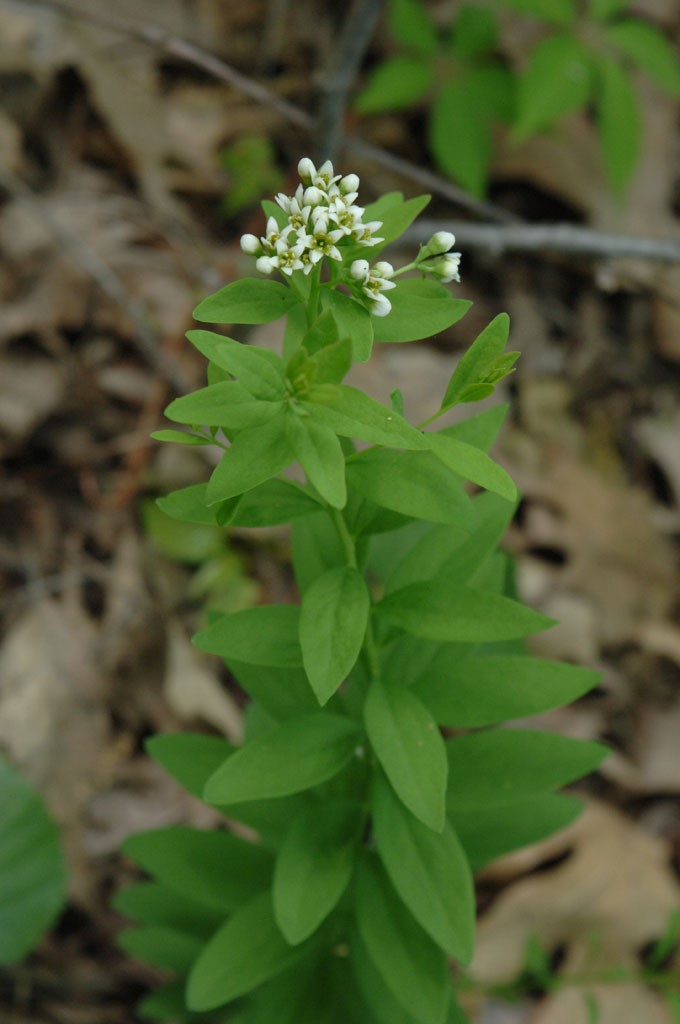



Comandra Umbellata Bastard Toadflax Prairie Moon Nursery




Bastard Toadflax Natural Areas Notebook
Commonly used words are shown in boldRare words are dimmed Click on a word above to view its definitionPartridge Berry, Mitchella repens Willow Family, Salicaceae Balsam Poplar, Populus balsamifera Beaked Willow, Salix bebbiana Bigtooth Aspen, Populus grandidentata Bog willow, Salix pedicellaris Pussy Willow, Salix discolor Quaking Aspen, Populus tremuloides Shining Willow, Salix lucida Sandalwood Family, Santalaceae Bastard Toadflax, CommandraThesium humifusum Bastardtoadflax R DD N The attraction of Devil's Dyke at this time of year was the Lizard Orchid (Himantoglossum hircinum) but along with many other naturalists, we looked for butterflies and other flowers on the way to the known site In the grass, low down I spotted this small white flower which may be common to the




Comandra Umbellata Bastard Toadflax Go Botany
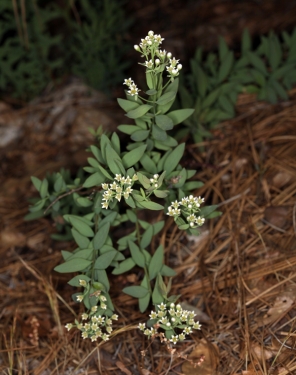



Bastard Toadflax Comandra Umbellata
Check out this detailed list of aquatic plants, ferns, grasses, mosses, sedges and wildflowersDisk flowertubular, regular, 5merous;Flwrs in small clusters on twigs of




Geocaulon Lividum



Geocaulon Lividum Northern Comandra Minnesota Wildflowers
Orangeberry Bastard Toadflax Hierochloe hirta arctica Common Sweetgrass Juniperus communis Common Juniper Juniperus horizontalis Creeping Juniper Lappula squarrosa Bristly Stickseed Lupinus arcticus Arctic Lupine Lupinus kuschei Yukon Lupine Minuartia rubella Red Sandwort Oxytropis campestris varians Alaskan Locoweed Oxytropis splendens ShowyBastard Toadflax Beakpod Nippletwist Beauty Rockcress Bedgroundweed Berry Pricklypear Big Basin Sagebrush Big Sagebrush Bigelow's Sage Bigelow's Sagebrush Bilobe Larkspur Bindweed Birchleaf Buckthorn Blackbrush Blazing Star Bluestem Penstemon Bottlebush Bottlestopper Boxelder Bridges Eveningprimrose Brigham's Tea Brittlebush BroadleafWhat grows in and along the Delaware Canal?




Santalaceae Images Insect Images




Geocaulon Lividum Bastard Toadflax
Literary usage of Blueberry bush Below you will find example usage of this term as found in modern and/or classical literature 1 The American Indian (Uhnishinnaba) by Elijah Middlebrook Haines (18) blueberry bushBastard toadflax Bristly Bird's Beak Beaked hazelnut Baker's hawksbeard Bisbee peak rushrose Bearded cryptantha Buckhorn cholla Blue & white daisybush Black sapote Bigelow mimulus Bigelow's monkeyflower Bigelow's monkeyflower Bolander's monkeyflower Blue dicks Barnyardgrass Billiondollar grass Bald spikerush Bearded wheatgrass Barley squirreltailGrowing in the gardens are numerous special wildflowers including columbine and solomon's seal and the pretty little bastard toadflax starting to open At the edges of the glades, where there's rocky grit for soil but plenty of sunshine, there are huckleberries bursting with fruit



Comandra Umbellata Bastard Toadflax Minnesota Wildflowers




Geocaulon Lividum Bastard Toadflax
Stems usually unbranched, 10 25 cm tall Leaves alternate, thin, oval, 1 3 cm long, blunttipped, bright green, frequently yellow streaked Flowers in slenderstalked, 2 to 4 flowered clusters from leaf axils;Bastard Toadflax (Comandra umbellata) BastardToadflax Comandra umbellata Sandalwood family (Santalaceae) DescriptionThis herbaceous perennial plant is up to 1' tall;Facts Bastardtoadflax is a hemiparasite, that is, it may attach specialized roots to the roots of a hostplant and derive some nutrients this way, although it also uses photosynthesis Native Americans used the seeds as a minor food source, and used other parts of the plant to treat colds, canker sores and sore eyes
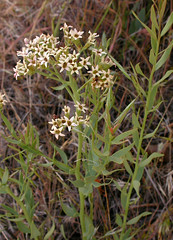



Link Is External




Bastard Toadflax Comandra Umbellata L Nutt
Thimble Berry Canada Anemone Bunch Berry Bogbean Star Flower Bearberry Hepatica Grass of Parnassus Wild Carrot or Queen Annes Lace Bastard Toadflax Plant Hairy BeardTongue Rock SandwortMoist to dry sandy or rocky soil;Bastard balm Bastard fig Bastard oleaster Bastard stoneparsley Bastard toad flax Bastard toadflax Bath asparagus Bawbaw berry Bay tree Bay willow Bayberry Bayonet grass Beach aster Beach flax lily Beach grass Beach pea Beach pea Beach pine Beach plum Beach strawberry Beach wormwood Beachhead iris Bead plant Bead tree Beaded sedge Beak willow




Comandra Umbellata Bastard Toadflax Go Botany
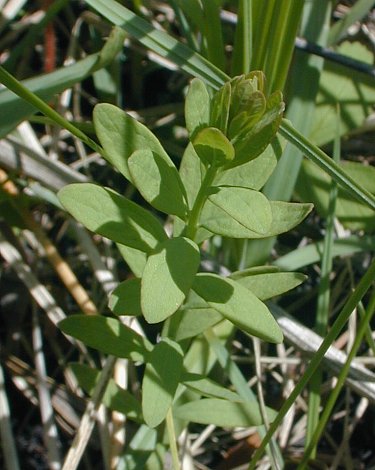



Bastard Toadflax Comandra Umbellata
Greenish to white or purple, apetalous flowers;This video describes how to kill common and Dalmatian toadflax using Green Shoots foam herbicide Common toadflax also known as butter and eggs (Linaria vul Deadly Nightshade Volunteers in the Vegetable Garden by wilde We grow the usual garden plants, including a few varieties of tomatoes, hot and sweet peppers, ground cherries, peas, beans, cucumbers, garlic, lettuces, radishes, carrots and many herbs This year we added into the mix the tomatillo




Bastard Toadflax On South Boquet Mountain Lake Champlain Region



Comandra Umbellata Bastard Toadflax Minnesota Wildflowers
Bastard toadflax (Comandra umbellata) can be found blooming at Battelle Darby in May This plant is a member of the sandalwood family, SantalaceaeTo most such Illinoisans, the recurring efforts to bring back the bastardtoadflax must seem noble but a bit nutty, like attempts to restore Gaelic to Wales As the scope of restoration expands, nature will increasingly compete with other — mainly recreational — uses of public lands, and public opinion will play a larger part in the heretoforeDrymesic prairie is a native grassland community dominated by big bluestem ( Andropogon gerardii ), little bluestem ( Schizachyrium scoparium ), and Indian grass ( Sorghastrum nutans ) The community occurs on sandy loam or loamy sand on level to gently sloping sites of glacial outwash, coarsetextured end moraines, and glacial till plain



Minnesota Seasons Bastard Toadflax Ssp Umbellata




Taiga Boreal Forest Floor Nature Background Pattern Of False Bastard Toadflax Geocaulon Lividum Or Northern Comandra With Ripe Orange Drupe Fruits On Peat Moss And Lichens Stock Photo Picture And Royalty Free Image Image
Petallike sepals 1 15 mm long,Description General an erect, perennial, from creeping, threadlike, reddish rhizomes;The First Leafing Out For A Number Of Trees And Shrubs;
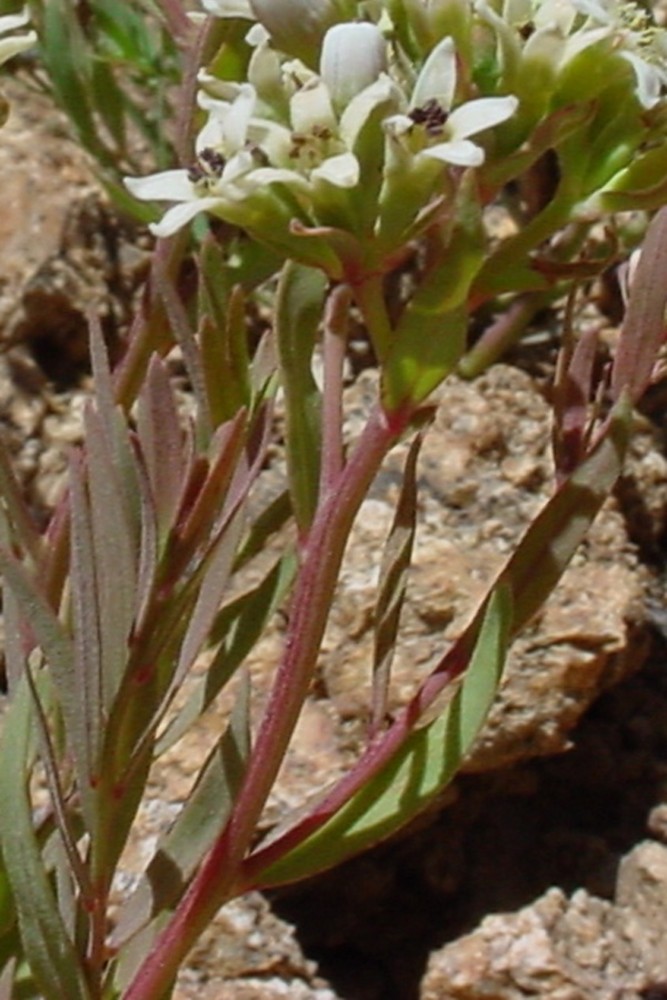



Comandra Umbellata Bastard Toadflax Go Botany
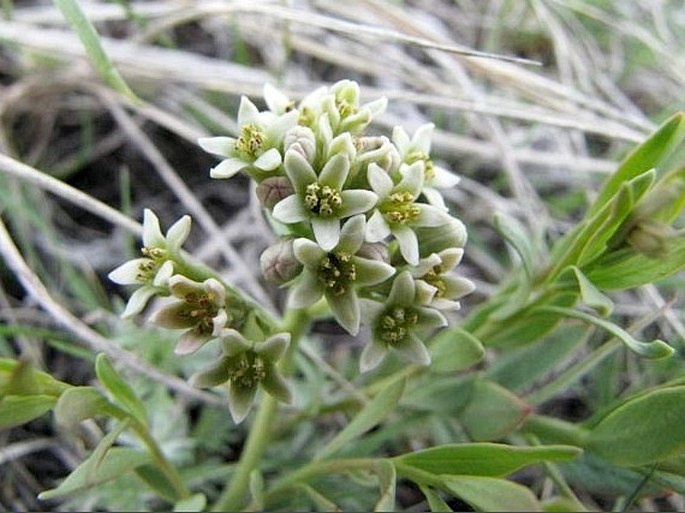



Botany Cz Comandra Umbellata L Nutt Bastard Toadflax Pale Comandra Common Comandra
Question 122) In Addition To Numerous Writings On The Natural History Of Concord Massachusetts, Henry David Thoreau Took Meticulous Notes On The Specific Date Of The Year For The First Arrival Of Numerous Flora And Fauna Surrounding Walden Pond The Dates For First Blooms Of Dozens Of Flower Species; Vascular Plants Ophioglossum vulgatum var pycnostichum (Southern Adder's Tongue) (H) Sisyrinchium atlanticum (Eastern Blueeyed Grass) (H) Ostrya virginiana (Easten Hop Hornbean) (H) Geranium maculatum (Spotted Cranesbill, Wild Geranium) (H) Viola papilionaceae var priceana (Confederate Violet) (H) Once, reading a book on wildflowers, I learned that there was a plant called bastard toadflax In Brian DoylesMink River, a flawed but wonderful book, the author disgorges such arcane information effortlessly and wholesale, and we learn perhaps more than we want to know about the flora and fauna of the Oregon coastYet,Mink Riveris tender, hilarious, original, and outrageous;




Geocaulon Lividum



Minnesota Seasons Bastard Toadflax Ssp Umbellata
Bastardtoadflax Comandra (Comandraceae) bastardtoadflax6 Comandra umbellata 6 Bayberry Morella (Myricaceae) small bayberry Morella caroliniensis Bearberry Arctostaphylos (Ericaceae) red bearberry6 Arctostaphylos uvaursi 6 Birch Betula (Betulaceae) bog birch1 1 Betula pumila dwarf birch 2, 6 2, 6 Betula minorLeaves sessile, thick, glaucous, lanceolate, 1–3 cm long Inflorescence a hemispheric cyme, terminal and from uppermost leaf axils Flowers perfect; Comandra umbellata (L) Nutt Bastard toadflax is parasitic on the roots of trees and shrubs Family bastard toadflax (Comandraceae) Habitat dry fields, thickets, and open woods Height 618 inches Flower size 1/8 inch across Flower color white Flowering time April to June Origin native




Bastard Toadflax A Parasitic Woodland Herb




Claire M Curry That Bastard Toadflax
Ray flowers (ligule), irregular Stamen 5 united at anthers Pistil 2lobed stigma, 1 style Ovary Inferior Calyx3 Asteraceae (Compositae)–Daisy or Sunflower Family Genera 800 Species 23,000 Habit Mostly herbaceous Inflorescence Head of flowers surrounded by involucre of bracts (phyllaries) Flower 2 types, sometimes together on same receptacle;Its leafy stems areeither unbranched or sparingly branched The stems are light green orlight reddish green, terete, and glabrous Abundant alternate leavesoccur along the entire length of each stem
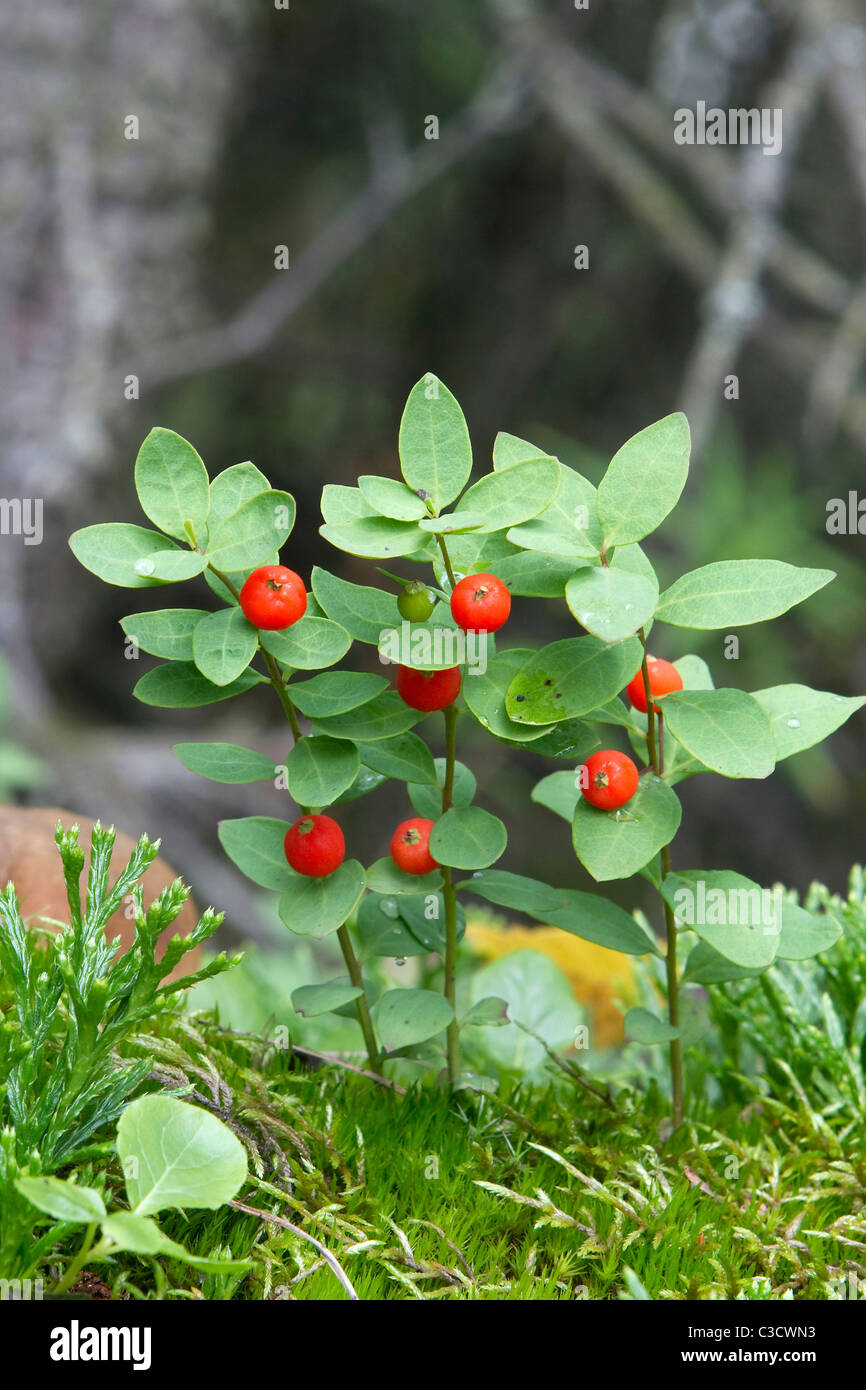



Northern Bastard Toadflax Geocaulon Lividum Fruiting Plant Alaska Usa Stock Photo Alamy
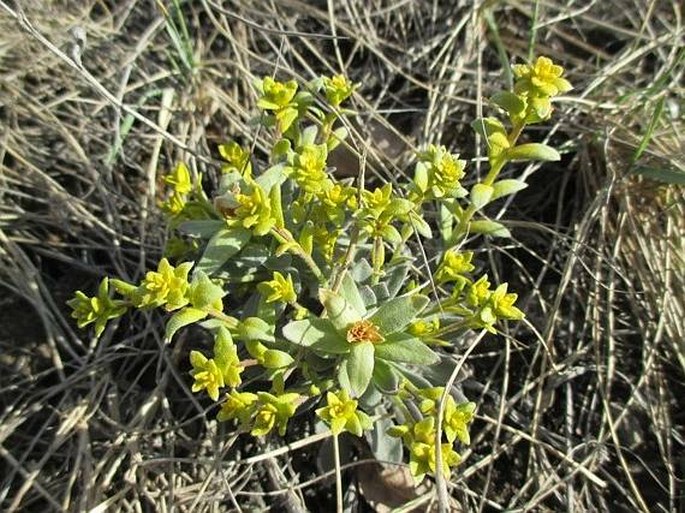



Botany Cz Comandra Umbellata L Nutt Bastard Toadflax Pale Comandra Common Comandra
(Antennaria spp), and bastard toadflax (Comandra umbellata) FDn33 Northern DryMesic Mixed Woodland FDn33—Most common on sandy soils, but on rare occasions may be present on shallow loamy soils over bedrock Often has >50% canopy cover Beaked hazelnut (Corylus cornuta) is much more likely to be abundant in the shrub layer, and mesic Description Pale bastard toadflax is a 4 ″ to 12 ″ tall, erect, often branched, leafy, perennial herb that rises from fibrous roots and horizontal rhizomes It often forms colonies and a single clone can cover a large area It is semiparasitic, deriving water and nutrition from the roots of other plants, but also getting nutrition from photosynthesisSepals lanceolate, 2–3 mm long, puberulent on the inner surface Fruit a drupe, green becoming blue to brown, 4–8 mm long (Lesica 12



Geocaulon Lividum Northern Comandra Minnesota Wildflowers



Alaska Wildflowers Us Geocaulon Lividum Richards Fern
Home Ephraim's Grave, 31 May, No Cache Hiker events were scheduled during early summer due to COVID19 concerns, but some hikers arranged to meet for a "socially distant" hike to Ephraim's Grave




Bastard Toadflax Comandra Umbellata Jungledragon
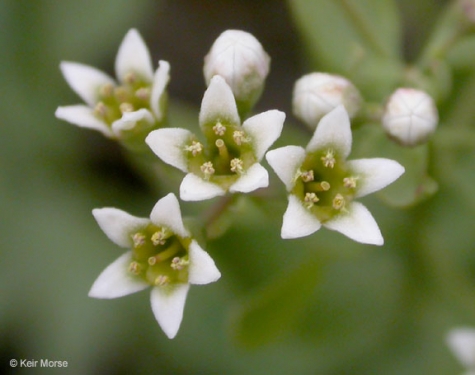



Bastard Toadflax Comandra Umbellata




Comandra Umbellata Bastard Toadflax Southeastern Arizona Wildflowers And Plants




Toadflax Lovetoknow




Comandra Umbellata Bastard Toadflax Flickr



Digital Flora Of Newfoundland And Labrador Santalaceae Sandalwood Family Open Image Dossier
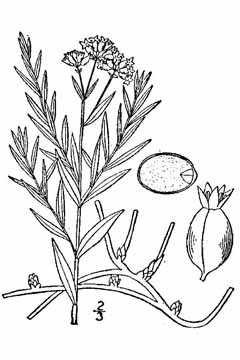



Comandra Pallida Pale Bastard Toadflax Pfaf Plant Database




Comandra Umbellata Bastard Toadflax Go Botany



Geocaulon Lividum Northern Comandra
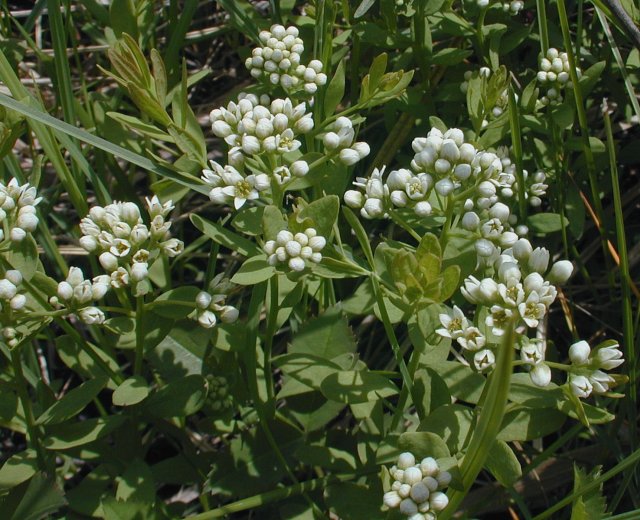



Bastard Toadflax Comandra Umbellata




Online Virtual Flora Of Wisconsin Comandra Umbellata




Geocaulon Lividum




Comandra Umbellata Bastard Toadflax Go Botany




Claire M Curry That Bastard Toadflax



Minnesota Seasons Bastard Toadflax Ssp Umbellata



Minnesota Seasons Bastard Toadflax Ssp Umbellata
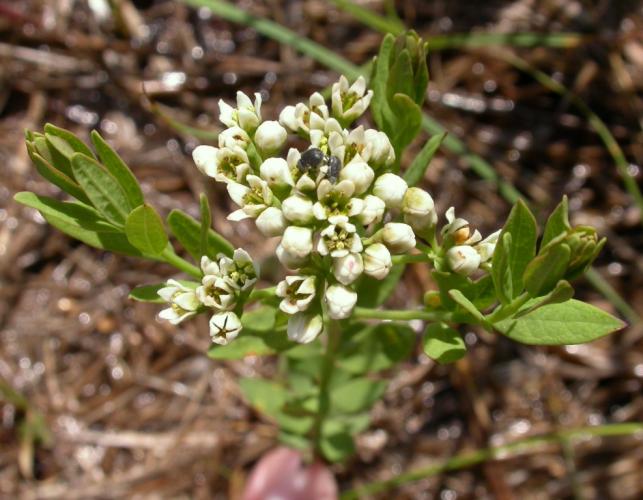



Bastard Toadflax Missouri Department Of Conservation
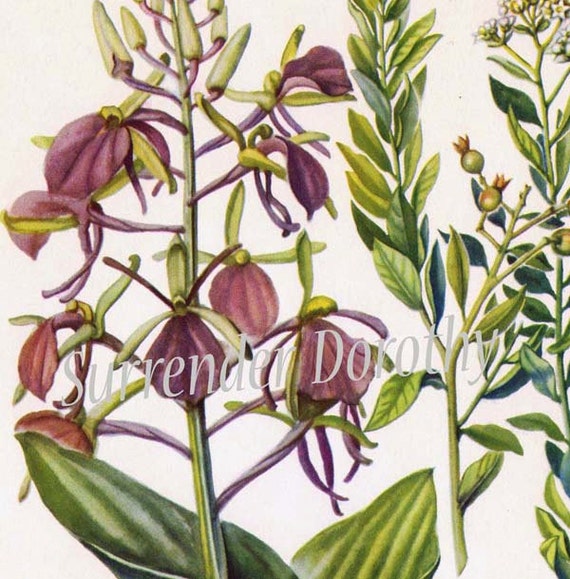



Large Twayblade Bastard Toadflax Flower Vintage Botanical Etsy




Bastard Toadflax Missouri Department Of Conservation




Red Fruited Bastard Toad Flax Geocaulon Lividum Also Kno Flickr




Geocaulon Lividum
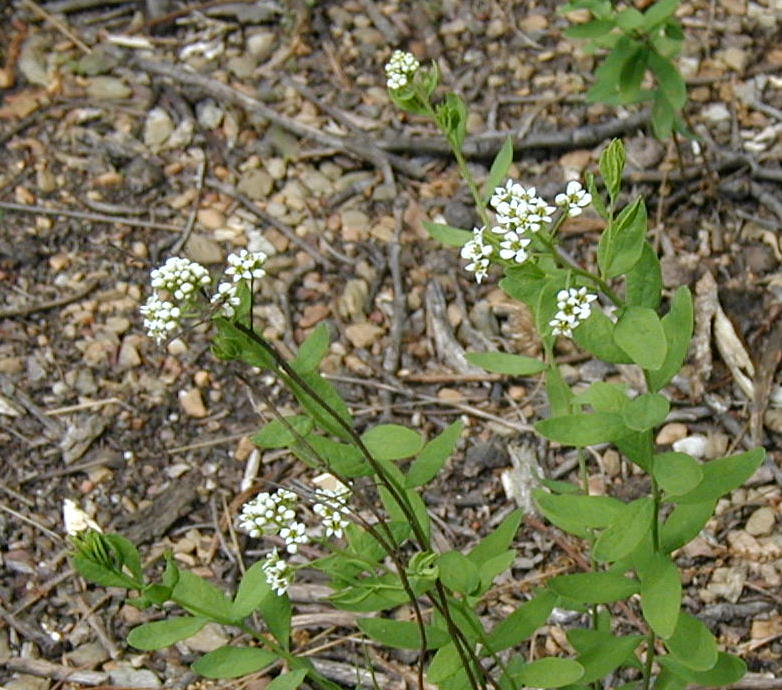



Bastard Toadflax A Parasitic Woodland Herb



Minnesota Seasons Bastard Toadflax Ssp Umbellata




Penelopedia Nature And Garden In Southern Minnesota Interesting Woodland Berries Mostly Poisonous



Bastard Toadflax Montana Field Guide



Comandra Umbellata Bastard Toadflax Minnesota Wildflowers
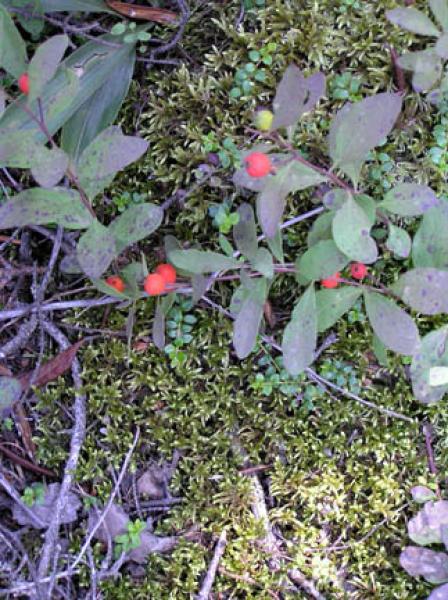



False Toad Flax Guide New York Natural Heritage Program




Geocaulon Lividum



Alaska Wildflowers Us Geocaulon Lividum Richards Fern




Bastard Toadflax The Nature Niche




Geocaulon Lividum
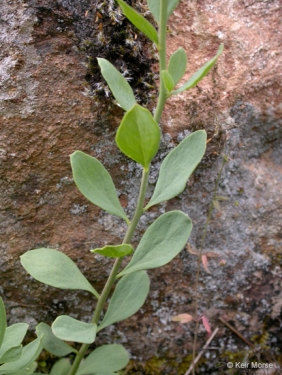



Bastard Toadflax Comandra Umbellata
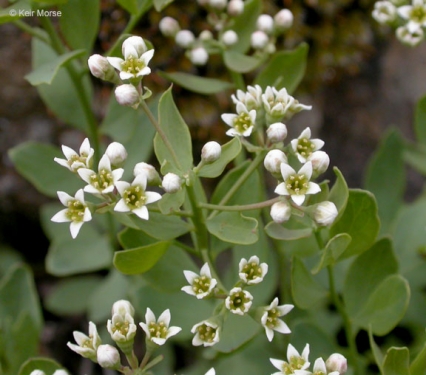



Bastard Toadflax Comandra Umbellata



Bastard Toadflaxes Mistletoes
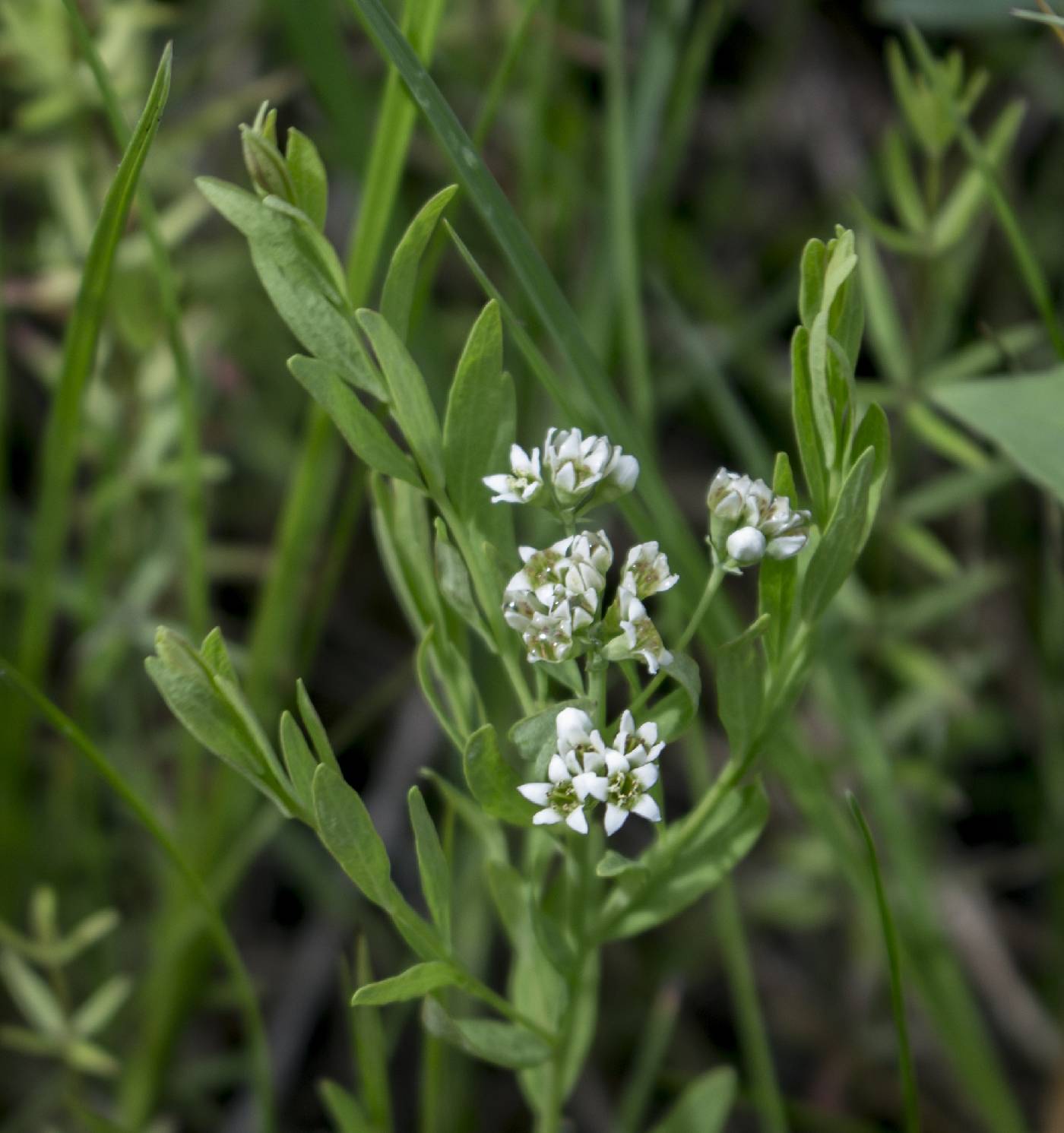



Online Virtual Flora Of Wisconsin Comandra Umbellata



Minnesota Seasons Bastard Toadflax Ssp Umbellata



Comandra Umbellata Bastard Toadflax Native Plants Of North America



Comandra Umbellata Bastard Toadflax Minnesota Wildflowers




Bastard Toadflax On The Trails In Juneau
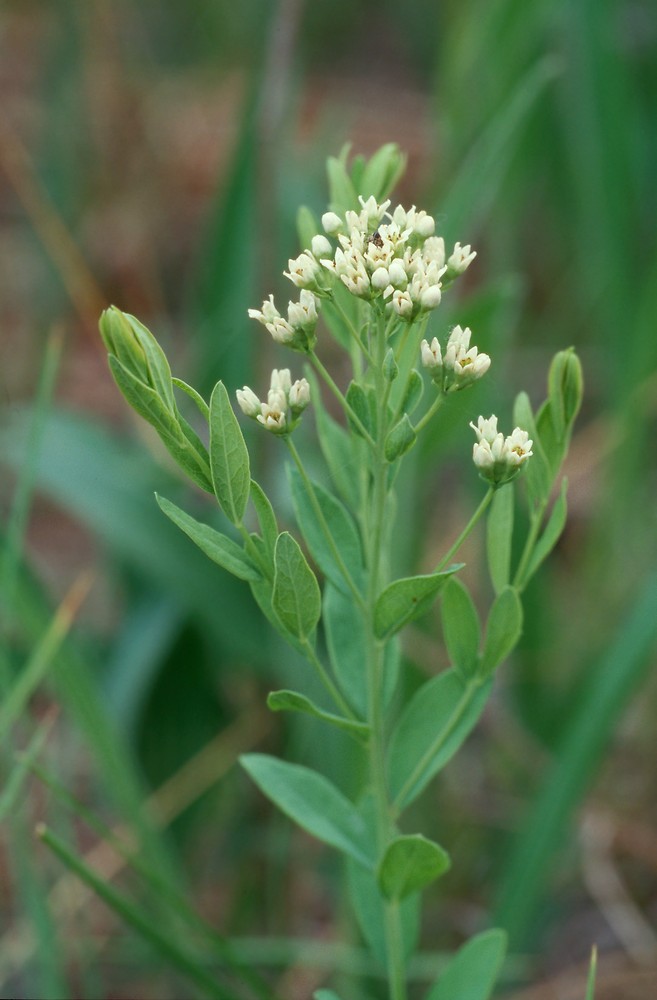



Comandra Umbellata Bastard Toadflax Go Botany




Online Virtual Flora Of Wisconsin Comandra Umbellata



Bastard Toadflax The Echinacea Project




Bastard Toadflax Comandra Umbellata L Nutt




Online Virtual Flora Of Wisconsin Comandra Umbellata




Bastard Toadflax Comandra Umbellata L Nutt




Bastard Toadflax Comandra Umbellata L Nutt



Bastard Toadflaxes Mistletoes




Bastard Toadflax Berries Comandra Umbellata South Of Wall Flickr




Geocaulon Lividum
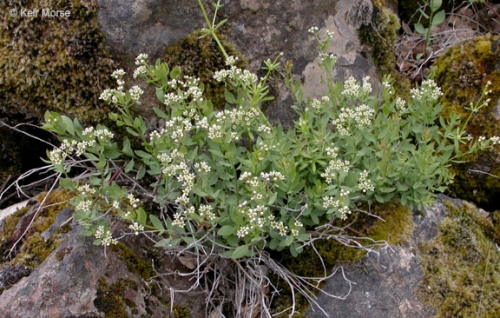



Bastard Toadflax Comandra Umbellata
_mary-vaux-walcott__16117.1625532324.jpg?c=2)



Bastard Toadflax Comandra Pallida By Mary Vaux Walcott




Vegetation Around Las Vegas Bastard Toadflax Comandra Umbellata
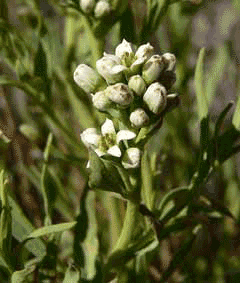



Comandra Umbellata Bastard Toad Flax California Bastard Toadflax Pale Bastard Toadflax Pfaf Plant Database




Comandra Umbellata Bastard Toadflax Southeastern Arizona Wildflowers And Plants




Bastard Toadflax Berries Comandra Umbellata Dane County W Flickr




Geocaulon Lividum




Bastard Toadflax Missouri Department Of Conservation



Bastard Toadflaxes Mistletoes




Bastard Toadflax Comandra Umbellata L Nutt



Minnesota Seasons Bastard Toadflax Ssp Umbellata




Bastard Toadflax Comandra Umbellata Desertusa



Bastard Toadflax In Arizona Woodlands




Bastard Toadflax The Nature Niche




Northern Comandra Geocaulon Lividum Orange Drupes Fleece Blanket For Sale By Stephan Pietzko



0 件のコメント:
コメントを投稿